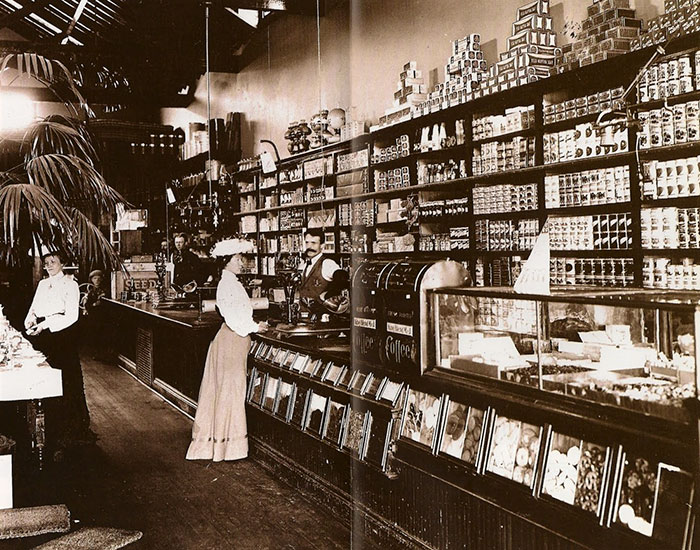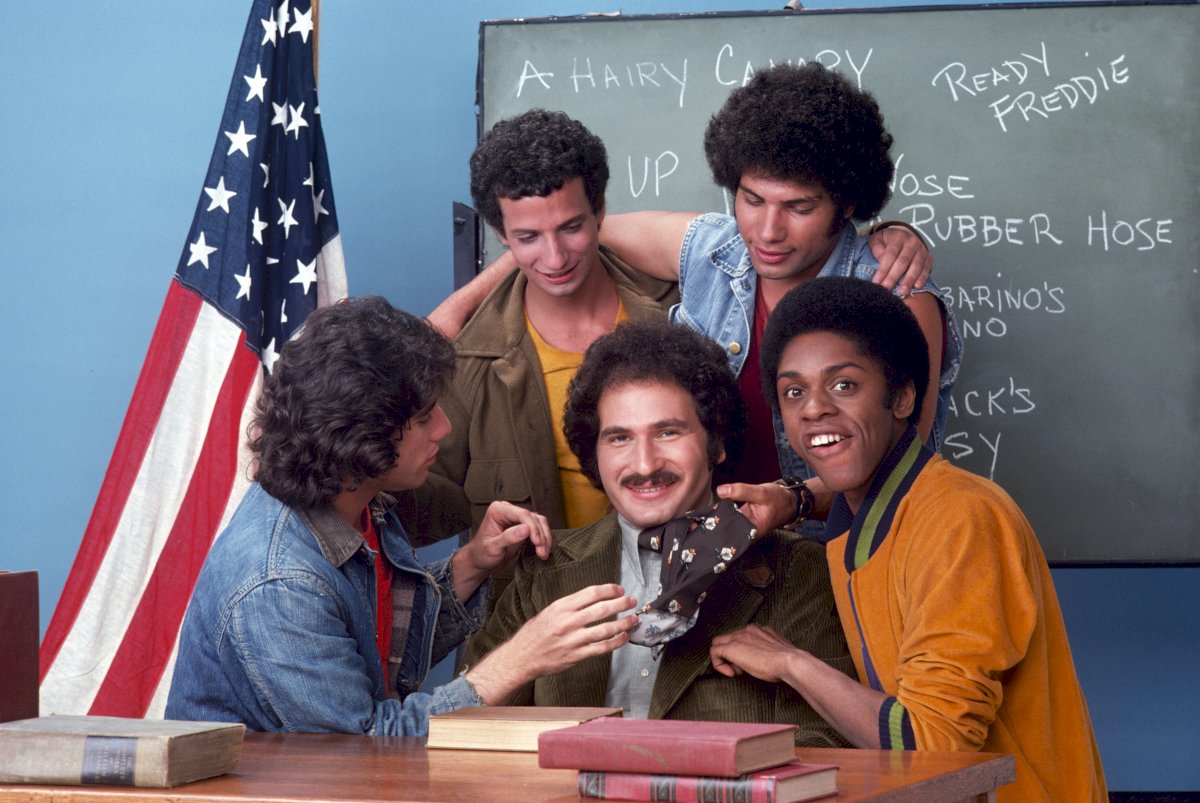John F. Kennedy and Jacqueline Bouvier presented a picture of idyllic romance, a young, attractive couple thrust into the American spotlight. Yet, their relationship, like the Camelot image they cultivated, was a nuanced tapestry woven with threads of love, ambition, and struggle.
(Scroll down for more photos)

Their story began in 1952 at a Washington dinner party. Jack, a charismatic congressman on the rise, was captivated by Jackie's intellect, wit, and elegance.
Jackie, a socialite with artistic aspirations, found herself drawn to Jack's ambition and drive. Their courtship was whirlwind, marked by passionate letters and stolen moments.

Within a year, they were married in a lavish ceremony, a union that promised to unite political power with social grace.
Jackie, with her impeccable fashion sense and commitment to the arts, humanized JFK's political image. She embraced the role of a supportive wife, campaigning tirelessly by his side during his grueling presidential run.

However, beneath the glamorous facade existed a complex reality. JFK's philandering tendencies were an open secret, a source of deep pain for Jackie.
Biographers point to his chronic back pain and wartime trauma as potential contributors to his infidelity. Jackie, raised in a world of social expectations, endured these betrayals with quiet dignity, prioritizing the public image of the perfect couple.

Despite the challenges, theirs wasn't a loveless marriage. They shared a deep intellectual connection, engaging in stimulating conversations and sharing a love for literature and history.
Jackie provided a sanctuary for Jack, a calm amidst the political storm. He, in turn, admired her strength and resilience.

Their union was blessed with three children, Caroline, John Jr., and Patrick. These moments of domesticity offered a glimpse into a life beyond politics.
Jackie, a devoted mother, created a warm and nurturing environment for their children. The couple's public displays of affection, though carefully curated, resonated with the American public yearning for normalcy in the White House.

Tragedy struck the young family twice. Their firstborn daughter, Arabella, died shortly after birth.
Then, in 1963, Patrick succumbed to infancy illness. These losses brought them closer, forging a bond of shared grief.

JFK's assassination in 1963 shattered Jackie's world. Her composure in the face of unimaginable loss became a powerful image of resilience, forever etching her place in American history.
She meticulously planned his funeral, transforming it into a national moment of mourning.
Jackie retreated from public life for several years, mourning her husband and raising her children. She later remarried, a move that surprised many. Yet, the public's fascination with her and JFK's enduring legacy never faded.

JFK and Jackie Kennedy's relationship was a study in contrasts. It was a love story intertwined with political ambition, public scrutiny, and personal heartbreak.
Jackie transformed from a reluctant political wife into a national icon of grace and dignity. JFK, the charismatic leader, found solace and support in his wife.

Their legacy extends far beyond the White House years. They redefined the role of the First Lady, ushering in an era of cultural awareness and public engagement.
More importantly, they offered a glimpse into a love story, imperfect yet enduring, forever linked to a pivotal chapter in American history.
Photo Gallery





































